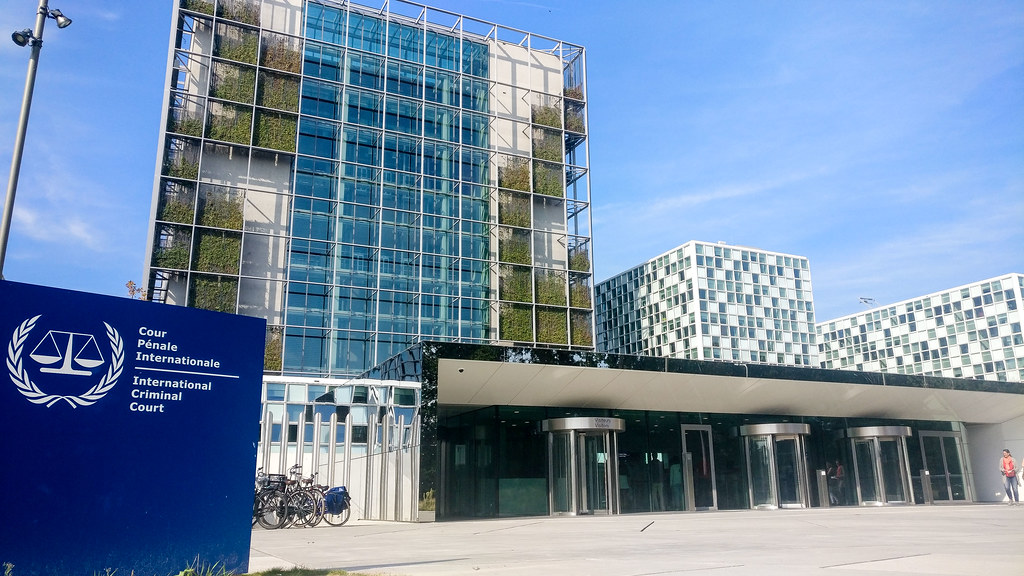The Great March of Return protests in the Gaza Strip started on 30 March 2018 and lasted until December 2019. For almost two years, Palestinians were protesting every Friday alongside the Israeli fence demanding that Palestinian refugees’ right to return to their homes be fulfilled and that the closure on the Gaza Strip be lifted. According to the United Nations, 189 Palestinians were killed and 6,103 wounded by the Israeli military in the single year 2018. Human rights groups estimate the total number of victims to be over 200 people dead, including 20 children, and up to 19,234 injured, including 2,125 children. EuroMed Rights recently interviewed an activist who was shot in the eye during the protests (podcast available in English).
Throughout the period during which the marches were taking place, Palestinian, Israeli and international human rights organisations denounced the Israeli military’s excessive, indiscriminate and disproportionate use of lethal force. As the Prosecutor of the International Criminal Court noted in 2018, violence against civilians, in a situation such as the one prevailing in Gaza, could constitute war crimes under the Statute of Rome of the International Criminal Court. However, three years after the beginning of these events, justice remains pending in the Gaza Strip. Proper investigations to establish criminal responsibility have not been launched. Members of the Israeli military and government responsible for devising, approving and executing the shoot-to-kill policy targeting protesters have not been prosecuted and the tens of thousands of Palestinian victims have not been adequately redressed.
The ICC Prosecutor recently announced the opening of an investigation into the situation in Palestine – a decision welcomed by human rights groups who for years have denounced these war crimes and international law violations. Instead of maintaining its policy of indifference and exceptionality towards serious crimes committed against Palestinians, the European Union should not miss the chance to stand up for justice and human rights. Indeed, the ICC investigation provides a historic opportunity for the EU to reverse its negative trend and effectively support accountability in Israel/Palestine.
The good news is that the ICC proceedings will continue – despite various sabotage attempts by the Israeli and other like-minded governments – which opens up a new horizon of justice and hope for Palestinian human rights. The question then is, whose side will the EU take?
This article is derived from a EuroMed Rights op-ed published in EU Observer.

